Lady Anne Barnard is a name that means almost nothing today, but her story is a remarkable one. She defied all the expectations governing the behaviour of upper-class women in 18th-century society, yet she made a success of her life. She died leaving six volumes of unpublished autobiography with a stern injunction that her papers were never to be published. For 200 years her memoirs have languished in the family archive, and Stephen Taylor is the first biographer to reveal her secrets.
Anne was the daughter of a threadbare Scottish peer, Lord Balcarres, and she grew up the eldest of 11 children in a prisonlike tower house in Fife. Pushed by her mother to contract a conventional arranged marriage, trading her breeding for newly-gained wealth, Anne dug in her toes. She was surrounded by eager suitors but, for reasons that remain unclear in this book, she could never make up her mind, and she gained a reputation as a coquette who broke men’s hearts. The story of her life until the age of 40 is one of a constant procession of men — 20 serious suitors and at least 11 proposals, as well as countless admirers — but she refused them all.
Fleeing Scotland for London, she became a social sensation, in spite of her eccentricity, her Scottish accent and her strange, unfashionable clothes. She was friendly with the future George IV and an intimate of his mistress, the tiresome Mrs Fitzherbert. A fearless traveller, she thought nothing of paying a visit to Paris at the height of the revolution.
She attracted powerful patrons, many of whom were also her suitors. A vastly rich banker named Richard Atkinson managed her money, enabling her to buy a mansion in fashionable Berkeley Square. Another longstanding friend was Henry Dundas, one of the most powerful men in the country, who acted as Pitt’s enforcer as well as ruling Scotland. Atkinson and Dundas both proposed to her, and she refused them both. She had no inclination to make an ambitious, worldly marriage. Instead, she embarked on a destructive affair with William Windham, a flashy politician and probably a suppressed homosexual, afflicted with commitment phobia. Manipulative and domineering, he treated her cruelly, and she tolerated his abuse for too long.
Anne related all these turbulent romances at length in the memoirs that she composed in her sixties. Why she wrote such a frank account of her love life at a time when the limits of propriety were defined by a Jane Austen novel is a puzzle that Taylor doesn’t fully explain. She claimed that she set down the truth for the benefit of her family. Perhaps she wanted to put the record straight and clear her name of scandal by showing that most of her relationships with men were not physical. She admitted to having only two lovers. To us, however, what matters is not so much whether she slept with her admirers, but rather that by refusing to marry she kept control of her life. Unlike so many 18th-century women, Anne had agency.
Aged 42, and apparently well past her sell-by date, she stunned her friends by making a surprise marriage to a poor and obscure man 12 years her junior named Andrew Barnard. This rash choice of husband infuriated her family, who gnashed their teeth at the wealthy men that Anne had let slip. She was shunned by society and the invitations dried up, but she had fallen in love for the first time in her life.
Unable to find employment at home, Barnard was appointed secretary to the governor of the newly acquired colony of the Cape. Anne accompanied him on the perilous sea voyage, and she spent her happiest years with the warm-hearted Barnard in South Africa. She entertained for the governor, she made expeditions into the interior (her diaries of these trips give an important historical account) and she lived in a blissful state of
nature with Barnard in a cottage named Paradise.
It didn’t last. Office politics soured the position at the Cape; Barnard was unemployed for long stretches of time, and he died aged 42. His legacy was Christina, his illegitimate daughter by an African slave. Anne had no children of her own, but she was unfazed by this revelation of her adored husband’s infidelity. She brought up Christina at Berkeley Square, and the little girl became her amanuensis, taking dictation of Anne’s shocking memoirs in a neat, careful hand.
Stephen Taylor has found a goldmine in these memoirs, and his enjoyable book allows Anne to tell her own story. She should be welcomed as a courageous and eccentric newcomer to the 18th-century scene.
The post Blithe spirit appeared first on The Spectator.
Got something to add? Join the discussion and comment below.
Get 10 issues for just $10
Subscribe to The Spectator Australia today for the next 10 magazine issues, plus full online access, for just $10.
You might disagree with half of it, but you’ll enjoy reading all of it. Try your first month for free, then just $2 a week for the remainder of your first year.

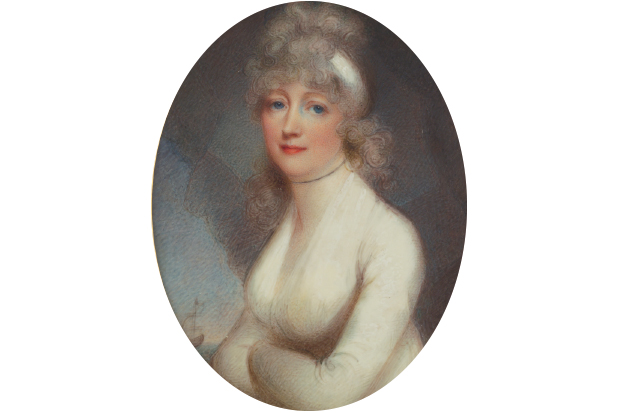
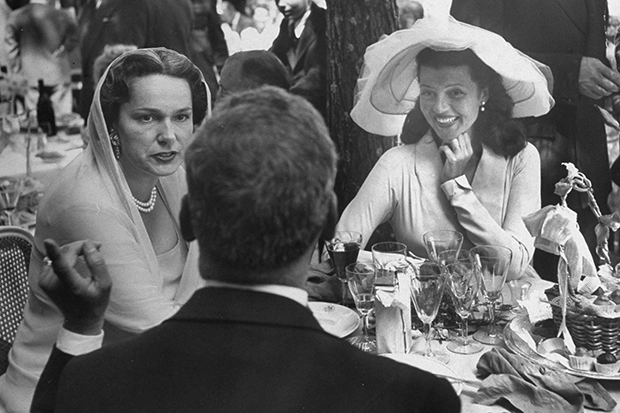
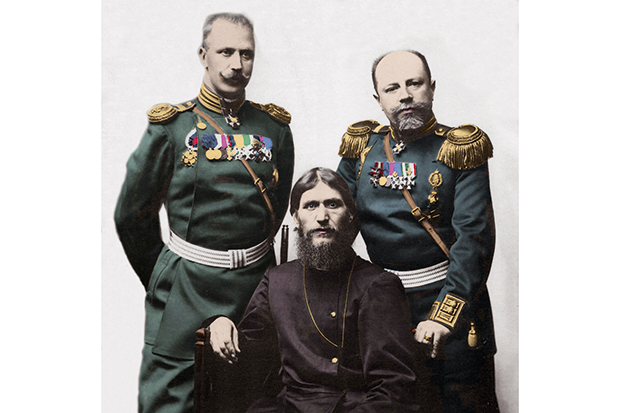


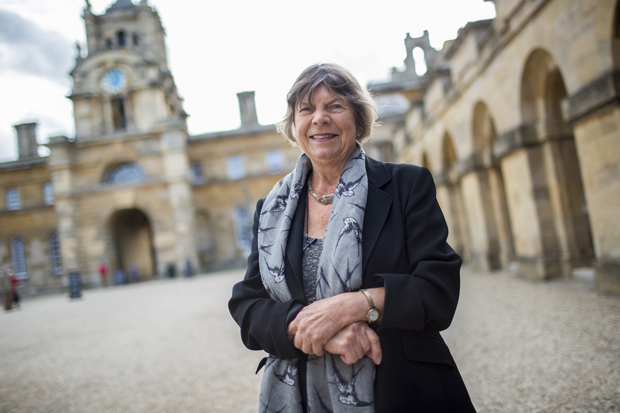
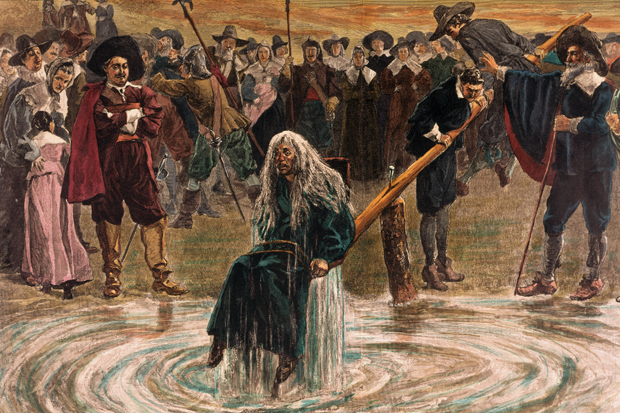






Comments
Don't miss out
Join the conversation with other Spectator Australia readers. Subscribe to leave a comment.
SUBSCRIBEAlready a subscriber? Log in